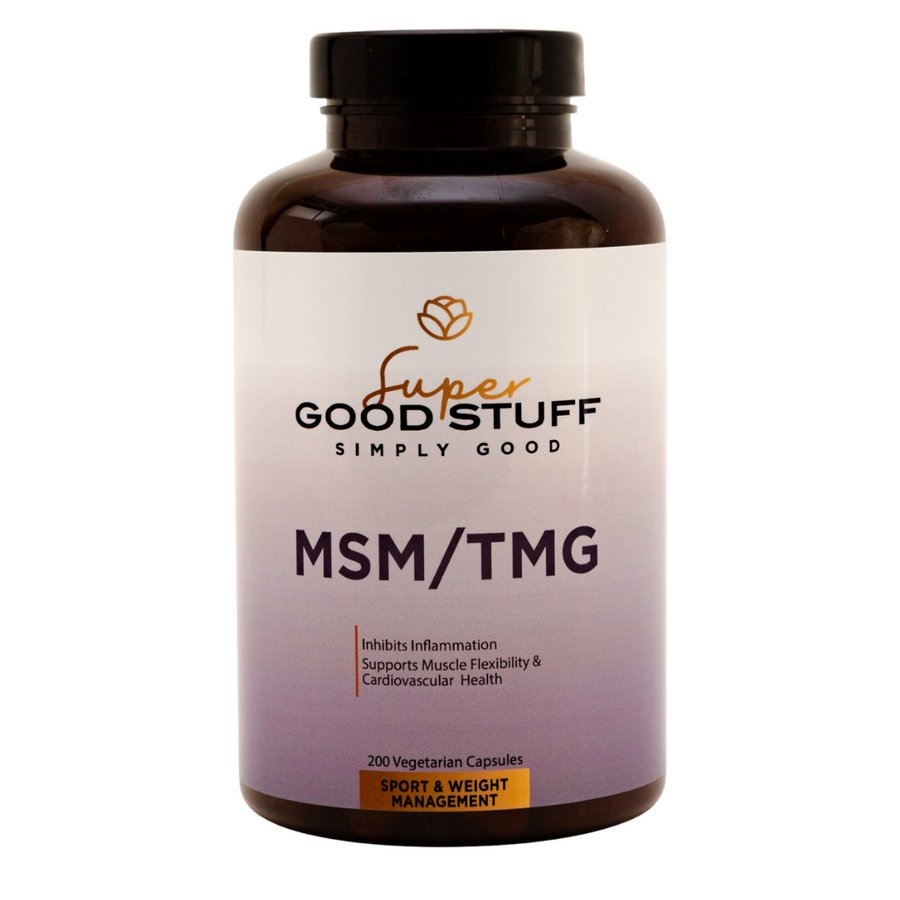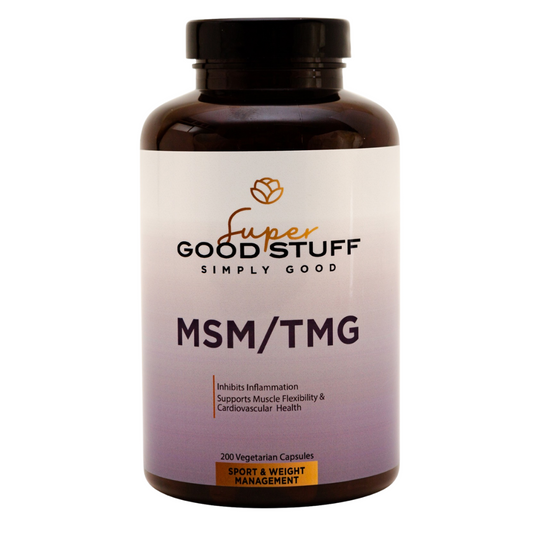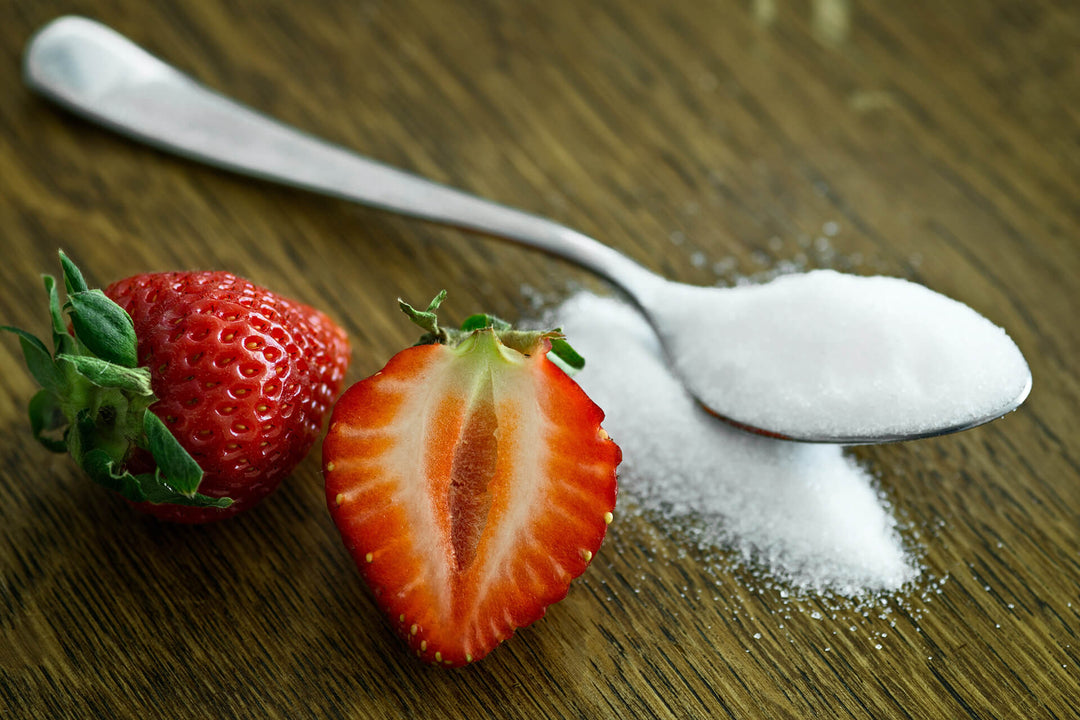The Hidden Weight Loss Secret No One Talks About – Food Journaling

Everyone touts their mysterious and foolproof weight loss secrets that guarantee you to lose weight this time of year. But, like 97% of the weight loss seekers find out, these weight loss secrets really aren't secrets… and they certainly aren't guaranteed.
So, what does work? What can give us that in-depth knowledge that what we're doing is working for us and that we can repeat it?
This one we have here is not exactly a secret, but it's often hidden… your food journal.
What Is A Food Journal?
This little book, notepad, computer document, or picture diary helps record what you eat and how you feel daily. It gives you a play-by-play of what's going into your body, letting you know what's going on and giving you back full responsibility…
It gives you control back over your eating habits.
Or, at least, it should. You should be writing down everything. But, if you cheat on your food journal, you're cheating on yourself.
You can start a food journal anywhere, anytime. All you need to do is record what's there.
Keep track of:
- Food
- Drink
- Supplements
- Time
- Quantity
- Feelings
Of course, you're going to write down your food. Write down what you ate, about how much, and when. Do this with your drinks as well. Record any supplements or medications.
And then you should take it to the next level. How did you feel when you ate that food? How did you feel hours later? Did you notice at any time that you felt tired? Excitable? Sad? Driven? These are all things that'll give you a clue of what your food is doing to you.
And the best part of it, you can look back and see what's going on.
Why A Food Journal Works
The fact is most people really do not know what they eat. Most people have a decent idea of their main meals on any given day, but often forget snacks and "just one bite" type of indulgences.
A food journal makes you honest with yourself. If you genuinely are writing everything down, you're going to write down these snacks, the second helping, and the little in-betweens. You're going to learn about your eating habits and surprising little indulgences.
One client wanted to lose weight but insisted she only had a small bowl of chocolate ice cream once or twice a week.
Her food journal showed it was a big bowl five to six times a week.
In story after story from people we worked with, after the first week of recording a food journal, people come back and say they're surprised at how much they were eating. They just didn't realize it was that much.
Here's the best part: they didn't mean to, but they actually cut back on what they ate because they didn't want to write it down.
Think about that a little bit… would you grab that small piece of chocolate off your friend's desk if you knew you had to write it down? Or would you skip it?
Once you know what you're eating, you can start making better choices. Did you get in five servings of fruits and vegetables every day? Did you drink enough water?
This journal lets you learn to make adjustments that can make you be healthier. Did you really need that toast? That side dish of pasta rather than vegetables? What else can you look at in your food journal and swap out for something healthier?
At the same time, what part of your meal is healthy? What did you do good on?
Always record the good.
Finally, take a look at what you will absolutely not give up. Is there a part of a meal or a snack that you know is not the best, but you have to have it?
Knowledge is power, and if you want to lose weight, you know have to know what's going on.
The Hidden Part Of A Food Journal
When you take a look at your food journal, look at how you felt about different foods. Did you suddenly get sleepy after a particular lunch? Did a specific dinner give you energy all night? Did you feel bloated and uncomfortable?
When you look at some of these feelings, you can start associating them with certain foods. Most people find grains and pasta drain their energy, while vegetables tend to be neutral. Some people get gassy when eating dairy or heavy after eating meat.
What if you could find the food that's causing you bloating? Isn't that worth writing a couple of things down?
Conclusion
Some of the top weight loss secrets have you exercise, eat healthy, and take certain supplements. But, one of the best tools is a food journal. Write it down, be honest with yourself, and start making little changes that can make a big difference in your health.







